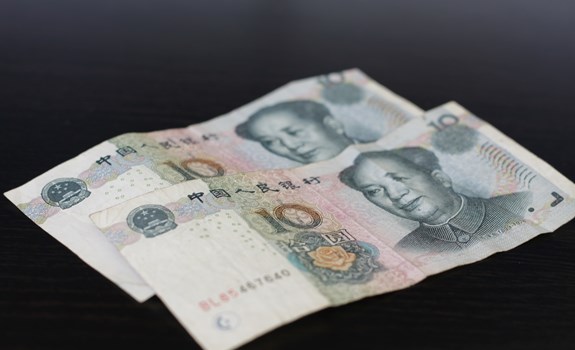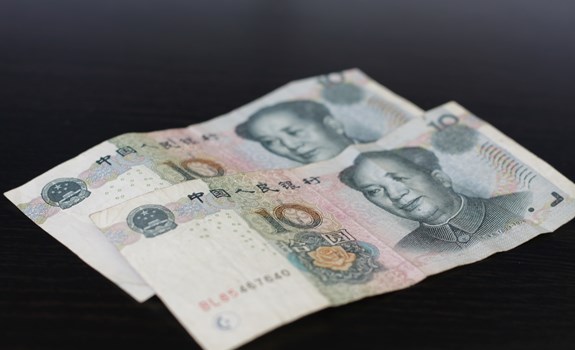Banking in Shanghai is easier than it used to be, but it can be complex and time consuming without the right guidance.
Finance
It is always more complicated to organise and maintain your home finances from abroad. For any monthly payments, such as to credit card companies, arrange for online payments and banking. It is easy to forget monthly tasks from a new home. Check the status of your taxes and pension plans and make the necessary arrangements for these to be processed while you are away. Contact your bank to get details on procedures for transferring money back home.
Currency
Chinese currency is known as the renminbi or ‘people’s currency’. A unit of renminbi (RMB) is known as a yuan (kuai in the spoken form). One yuan is made up of 10 jiao (mao in the spoken form), which are subsequently broken down into 10 fen. Paper notes are available only for yuan and come in denominations of 100, 50, 20, 10, 5 and 1 – although 1-yuan coins are much more popular than notes.
Banks
There are several branches of each of the Chinese domestic banks in almost every district of Shanghai, all of which allow foreigners to open either yuan or US dollar accounts. The most common are Bank of China, ICBC, China Merchant’s Bank, Agricultural Bank of China and China Construction Bank. They all offer debit cards, Internet banking and currency exchange services. Many expats choose banks with an international focus, such as Bank of China and ICBC, which both accept the transfer of money to and from your home country. For credit card services and access to funds back home, it is best to keep an international bank account. Banks are generally open from 9am-5pm Monday to Friday, and Saturday mornings.
Expect long lines at banks. If you want to spend less than 30 minutes for any visit, take a spot near the door before it opens and make a run for the ticket terminal to collect your number. There will be others – particularly on Mondays when weekend earnings are deposited.
Some banks harbour illicit money changers. Reports suggest that they are benign in nature, though engaging in business could logically be seen as risky. Provided you have a work visa you can exchange the equivalent of USD500 per day at most banks. You may, however, have to order less common currencies ahead of time.
ATMs
Domestic bank ATMs can be found in most of their local branches as well as in many shopping malls in the city centre. Conveniently, ICBC and China Construction Bank ATMs accept debit and credit cards within the Cirrus/MasterCard and VISA/Plus systems. For your card to work in Shanghai, be sure to notify your bank back home that you are in China.
Expect empty cash machines near the end of the weekend. With the seemingly endless supply of ATMs, however, you will never be far away from your money.
Exchanging Money
As long as you can show a copy of your passport, cash and travellers’ cheques can be exchanged at most hotels, major banks, Pudong International Airport and the post office. Do not exchange money at independent money exchanges, as there are a lot of counterfeit notes in circulation. Rates are generally consistent, but hotels occasionally charge a commission. To get the best rate, simply take money out of ATMs compatible with your credit or debit card and pay a small commission to your bank.
Using Your Credit Card
MasterCard, Visa, American Express, Diner’s Club and JCB cards are accepted in most of Shanghai’s hotels, high-end restaurants and bars and big retail shops. Smaller shops, markets and restaurants often accept only cash.
Tipping
The growing number of tourists and expats in Shanghai over the past few years has led to a greater acceptance of the practice of tipping, but it is by no means expected. Telling a friendly cab driver to keep the change or offering your hairdresser a 10% tip is perfectly normal. If you think your waiter has done an exceptional job and deserves a bit extra, discreetly slip him or her an 10 or 20RMB note. Otherwise, they may be obliged to hand it over to the boss.





![[Super Sushi]: These Are All of Shanghai’s Most Expensive Sushi Houses](https://www.life-china.com/wp-content/uploads/2019/07/1553226605-440x264.jpg)

Recent Comments